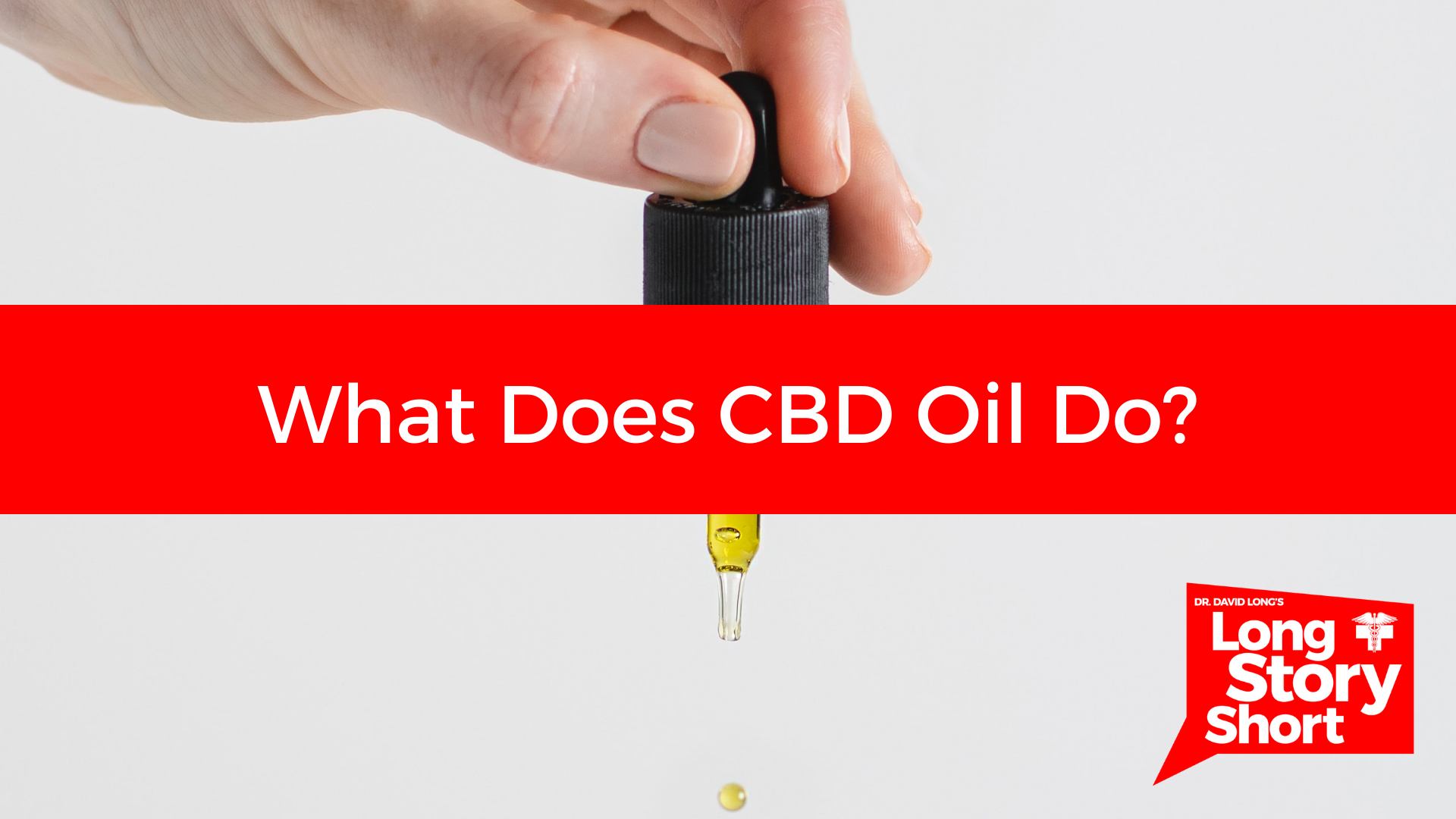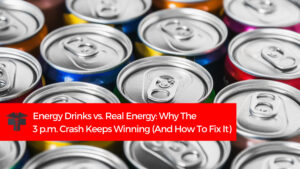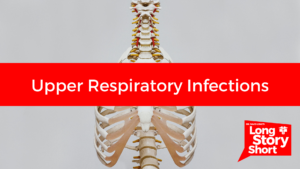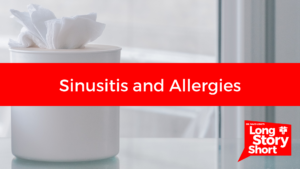What Does CBD Oil Do?
• CBD is short for cannabidiol, one of two cannabinoids found in hemp plants.
• Unlike its cousin THC, CBD does not have any habit-forming potential or make users high.
• Recently, growing and manufacturing hemp became legal in the United States; however, regulation of it is minimal.
• What we do know is that CBD generally seems safe to use and has a wide range of potential benefits, including reducing seizure activity and chronic pain relief.
• To get pure CBD with minimal side effects, it’s best to buy from a store that specializes in selling high quality product – ask for a third party analysis certificate to be sure.
Full Text
Unless you’ve been living under a rock, you can’t help but notice all the advertising and all of the potential benefits that we see with CBD. But what in the world is CBD and what’s all the fuss? I’m Dr. David Long. I’d like to spend a few minutes with you today talking about CBD.
First of all, what is it? CBD stands for cannabidiol. Cannabidiol is one of two cannabinoids from the hemp plant, hemp and marijuana. As it turns out, its cousin THC is the one that’s gotten all the bad press because that’s the one that makes you high. That’s the one that has some habit forming potential. CBD, on the other hand doesn’t, and it’s mostly what we find in hemp. There is a little bit of CBD and marijuana, but most of it is found in hemp. So it just recently became legal in the United States to grow and manufacture hemp. The catch is that the states have to decide for themselves how to regulate it. And as long as we have hemp and we have CBD with a very, minimal amount of THC, it’s legal. But it’s not very well regulated at this point.
So what does it do? What does CBD even do? We have to be very careful for a doctor to answer that question because anytime there’s an opportunity for a big market, we can have people that make ridiculous claims of what CBD can do to make it seem more appealing. So what do we know that it does? What has it been studied in? What do we have great data to support? Its usefulness in epilepsy?
As it turns out, what we’ve found is that it doesn’t seem to be particularly unsafe. And so while many people find relief from chronic pain, many others find relief from anxiety. Lots of people say that it improves their sleep. We can try it, but it would be difficult to ethically stand up and say, absolutely it fixes those conditions. What does it do? As it turns out, our bodies are made of millions of these little receptors. It’s almost like like a key hole. Well, there’s only so many keys one can make and if we had a million keys, you’d find one that would fit that lock. As it turns out, we have these receptors in our body and CBD fits the lock. And what does that result in? Well, it results in a sense of calmness, sometimes a relief of pain, sometimes improved sleep patterns and an easier time falling asleep.
And also what we know that it helps decrease the chance of seizure activity. That’s been wonderfully effective for some children who may be on maximum amounts of other medications. And those medications are useful too, but commonly come with more side effects and they may not even work as well. We know that CBD can be an effective strategy to decrease seizures in those patients. While I don’t treat seizure patients, I sure treat a lot of patients with chronic pain, with insomnia, with anxiety, with intestinal problems that are a result of their anxiety.
And CBD can be really worthwhile to try in those patients. So where do you get it? Well, you can get it from some doctor’s offices and you can get it at the cash register at the local convenience store. The problem is we don’t really know the quality that’s involved when you get it online, or if you get it at the convenience store. There are storefronts that are dedicated to high quality safe CBD and I would certainly recommend those places over say the convenience store on the corner.
At the same time since this is a substance that affects the way a person feels, it has a place in their health care, I feel like it should be managed, or at least in coordination with their healthcare provider. Whether you’re going to a storefront that sells high quality CBD, or you choose to get it from your provider if your physician happens to offer them their clinic, there’s a few things you should be sure to ask for. One of them is a third party analysis of the contents of that product because anyone can say that it has a certain amount of CBD or that it’s free of any poisons or pollutants, or even that there’s absolutely no THC in it at all. But a third party analysis of that product is really what will substantiate that claim because one, you want to be sure you’re getting what you’re paying for. Two, you want to be sure it has very minimal levels of lead and arsenic and other pesticides and pollutants that come through the soil. And maybe most importantly, if you think you’re taking CBD, which is completely legal, but then you have a urine drug test and it comes out positive for marijuana. The fact that you can provide, you know, “Crazy Louie’s Discount CBD” will not protect you from prosecution from your positive drug screen. So a certificate of analysis from a third party institution that tested that product is the best way to be sure that you’re getting a high quality product.
One of the really great things we see about CBD is there’s not a tremendous amount of side effects. We really don’t see heart disease or lung disease or kidney problems or liver problems from high quality pure CBD. That’s one of the reasons that even though we don’t have a tremendous amount of evidence to stand behind claims, that it will fix anxiety or that it will fix chronic pain, your doctor can reasonably say it’s worth a try. There are so many things to learn about CBD and its role in your healthcare that we’ve made a few free downloadable content items available on the page here.
Read through those, see what you think. If you have any questions, feel free to give us a call.





 and then
and then